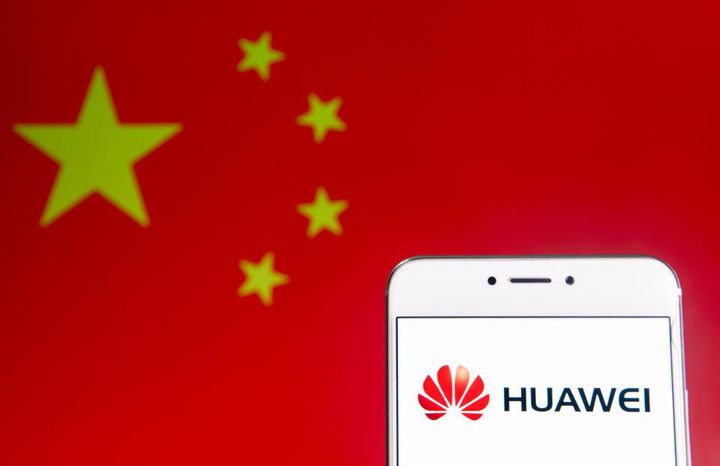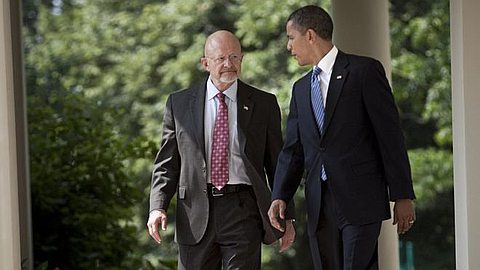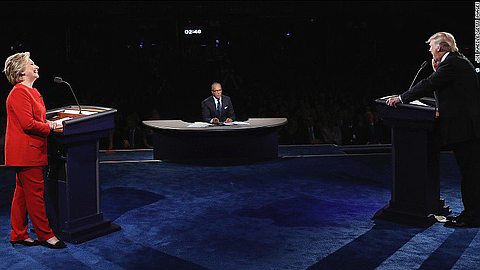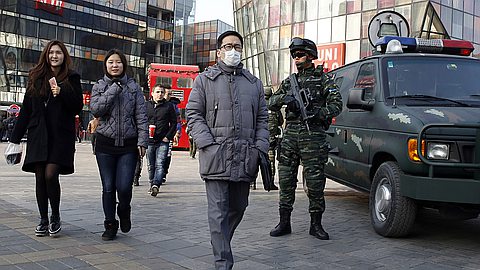Huawei Q1 Revenues Up 40% As It Ignores CIA Allegations And Targets Samsung

But that hasn't disrupted the company's unstoppable growth. On Monday, the company announced business results for the first quarter of 2019 that showed revenues up almost 40% year-on-year to CNY179.7 billion (US$ 27 billion), with net profits up as well, albeit more marginally. This follows results for 2018 that saw revenues up 19.5% and profits up 25%.
With Samsung's entirely different flavor of results released earlier in April, showing the "steepest Q1 profit slide in 4 years" and broadly flat smartphone sales, Huawei's aggressive claims that they have Samsung in their sights should be taken seriously. If Samsung smartphone sales remain under pressure and Huawei maintains this level of growth, the contest for top spot will be very interesting by year-end. Huawei execs have in the past set 2020 as the target for overtaking Samsung.
5G and smartphones both strong
Huawei shipped 59 million smartphones in Q1. "Although we have seen fast growth for Huawei phones in all major markets, the first-quarter growth is still beyond our expectations," said Zaker Li from IHS Markit. "Huawei will overstep Apple in phone shipments this year and get close to market leader Samsung by the end of the year."
But it will be 5G that steals the headlines, given the CIA news with its many implications. "2019 will be a year of large-scale deployment of 5G around the world," the company said. "By the end of March 2019, Huawei had signed 40 commercial contracts for 5G with leading global carriers and had shipped more than 70,000 5G base stations to markets around the world."
In other words, so much for the U.S. campaign against them.
'Digital China'
The company has continued to generate around 50% of its business in China, despite a decade of exceptional growth across international markets that took annual revenues for 2018 past $100 billion.
"Huawei," the company said, "is committed to building the foundations of a digital China and the core of a digital world by delivering the Digital Platform along with ubiquitous connectivity and pervasive intelligence."
Digital and China are not always words that conjure up happy thoughts when one thinks of the surveillance state the country is deploying. A report last month from Reporters Without Borders specifically questioned Huawei's role in Xinjiang and the company's development of surveillance-heavy smart city solutions that have been developed in China but are being sold around the world.
For next-gen technologies, Huawei also heralded positive results. "Huawei's Enterprise Business Group deployed the world's first 5G-enabled Wi-Fi 6 access point, [as] Huawei had shipped more Wi-Fi 6 products than any other company worldwide... [and] more than one million enterprise users and developers have chosen to work with Huawei Cloud."
What next?
Following the news that the U.S. claims to have a smoking gun, after all, these results will likely confirm that most of the world either don't care enough to act or simply can't afford to do so. In response to the news, a Huawei spokesperson told me by email that the company "does not comment on unsubstantiated allegations backed up by zero evidence from anonymous sources."
What is clearly more relevant to their ongoing success is that there is so much economic investment riding on next-gen 5G networks, and so much of that investment is already earmarked, that the consequences for countries and operators from changing horses midstream would be immensely damaging.
On the smartphone front, Huawei is taking the same approach as it does with its equipment. Innovate fast and provide more for less. And, at least at the start, price well below market to capture market share. Whether or not that approach is enabled by state subsidies or soft loans or the benefits of a huge closed market is the crux of the ongoing debate.
The implications for international intelligence-sharing arrangements will be interesting to see. U.K. lawmakers are due to agree on a Huawei strategy in the coming days. They could well take onboard the CIA intelligence and prohibit the Chinese manufacturer's equipment from the U.K. 5G networks. The company, though, looks set to ride that out as the rest of the world follows its 'keep calm and carry on' approach.
I said of last year's results that "the impact of the U.S. embargo on Huawei and the campaign being fought for international hearts and minds will be felt much more acutely in 2019 than it was in 2018."
The answer that is emerging looks good for Huawei so far.





